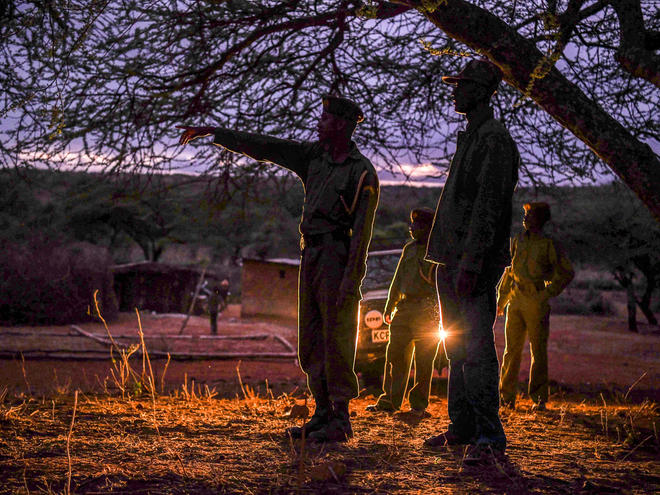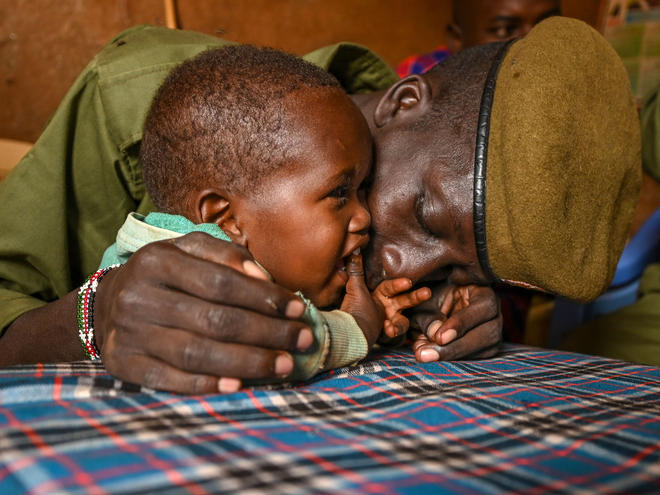

Wildlife rangers are one of the planet’s first and last lines of defense. As pressures on nature, grow, the survival of endangered animals like rhinos, elephants and tigers and their habitats depends in great part on these men and women.
It’s never been an easy job. But now a newly-released survey—the largest ever taken on the working conditions of government employed rangers across Asia and Africa—reveals the harsh realities of their work.
Illegal logging and a violent poaching crisis are at an all-time high. The work of rangers has never been more critical. But challenges for these rangers are enormous and far-ranging.
Working on average 76 hours a week, day and night, for less than $9 (US) a day, a staggering 60 percent of rangers indicated they didn’t have access to drinking water or shelter while on patrol. Rangers are also at great risk of infectious diseases. One in four rangers reported that they had contracted malaria in the last year. In Africa, this jumped up to almost 75 percent of rangers. Some of these could be greatly reduced with a simple mosquito net, yet only 20 percent report having access such equipment.
“The problem faced by rangers during patrol is that we don’t have adequate equipment to perform our work, like boots and raincoats,” said a ranger who had to remain anonymous for security reasons.
And it’s not just equipment, almost four in ten rangers didn’t feel they had adequate training when they started their job. Such preparation is vital when they come face to face with armed gangs, have to search for deadly snares, assess crime scenes, negotiate hostile situations and even provide potentially life-saving aid to a colleague who’s suffered a serious injury in the field.
“When we get injured in the jungle it is difficult to get medical treatment, especially for injuries that require a doctor or a hospital. There is no helicopter to lift us out and take us to the hospital for emergency treatment,” said another anonymous ranger.
So what can be done to help rangers? While rangers are government employees, organizations such as WWF provide support to some sites and programs and help rangers gain better access to basic facilities.
But there is much more that needs to be done. Stronger, more effective government policies are a crucial first step. WWF is calling upon governments to urgently review and address shortcomings that are endangering the lives of rangers and as a result, nature and wildlife. Adequate training, as well as appropriate equipment and communications devices, should be immediately addressed. WWF is also looking to secure 100 percent insurance coverage for serious injuries and loss of life to help rangers and their families.
Published October 09, 2018 at 05:00AM
No comments:
Post a Comment